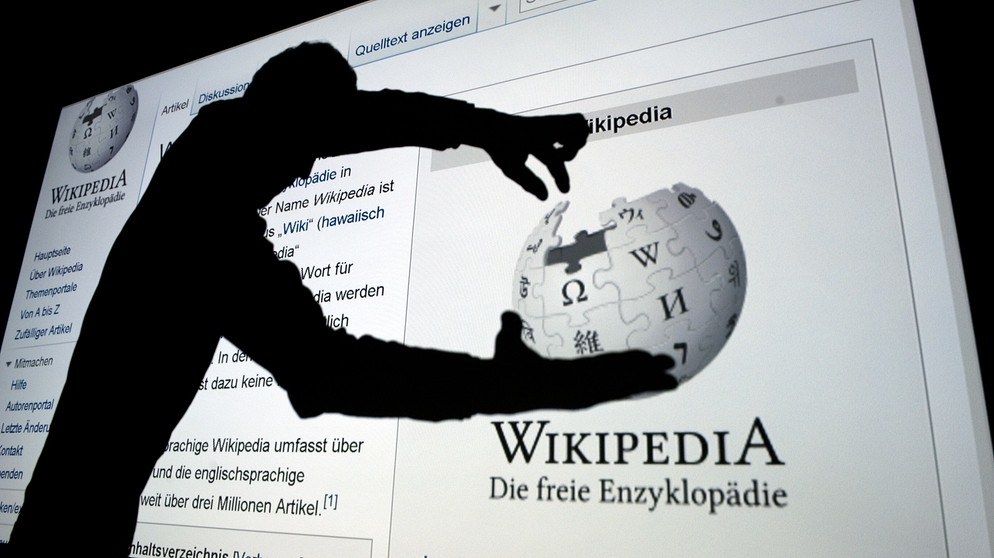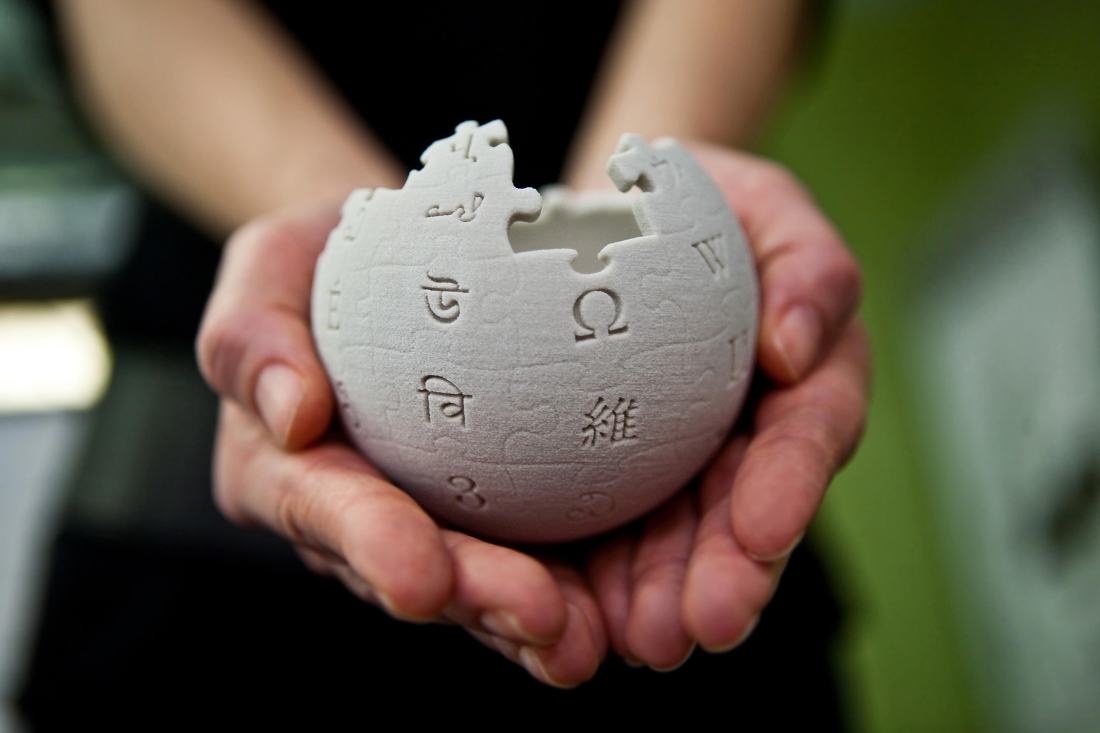YouTube CEO Susan Wojcicki set off a mini firestorm earlier this month when she announced that the popular video sharing site would soon be tapping into Wikipedia's knowledge base as a supplemental resource to controversial content like conspiracy theories and hoaxes.
The surprise SXSW announcement was indeed just that as the non-profit behind Wikipedia had no prior knowledge of YouTube's intent. Then again, Wikipedia's content is free to license in this manner and thus, approval to utilize its store of information isn't needed.
Still, the matter rubbed some the wrong way and even prompted a response from the Wikimedia Foundation.
As part of its official statement, the foundation encouraged companies who use its content to give back in the spirit of sustainability. In doing so, Wikimedia said, they would join the six million individuals that donate to keep the service running.

What does giving to Wikipedia look like, you ask? Wikimedia's Chief Revenue Office, Lisa Gruwell, revealed in a recent interview with TechCrunch that the average individual donor gives about $10. Corporations (not foundations) also get in on the generosity although perhaps not at the level one might suspect (or from whom you would expect).
For the 2017-2018 fiscal year, the top corporate giver was Google with "more than $1 million" followed by Humble Bundle at $465,000, Craigslist Foundation with $250,000 and surprisingly enough, Cards Against Humanity with $35,000 in donations.
TechCrunch also notes that other big technology players contribute by way of matching donations. Facebook, Apple, Microsoft and Google all gave around $50,000 by matching employee contributions. According to the publication, Amazon was "nowhere to be found" on the list of givers.
